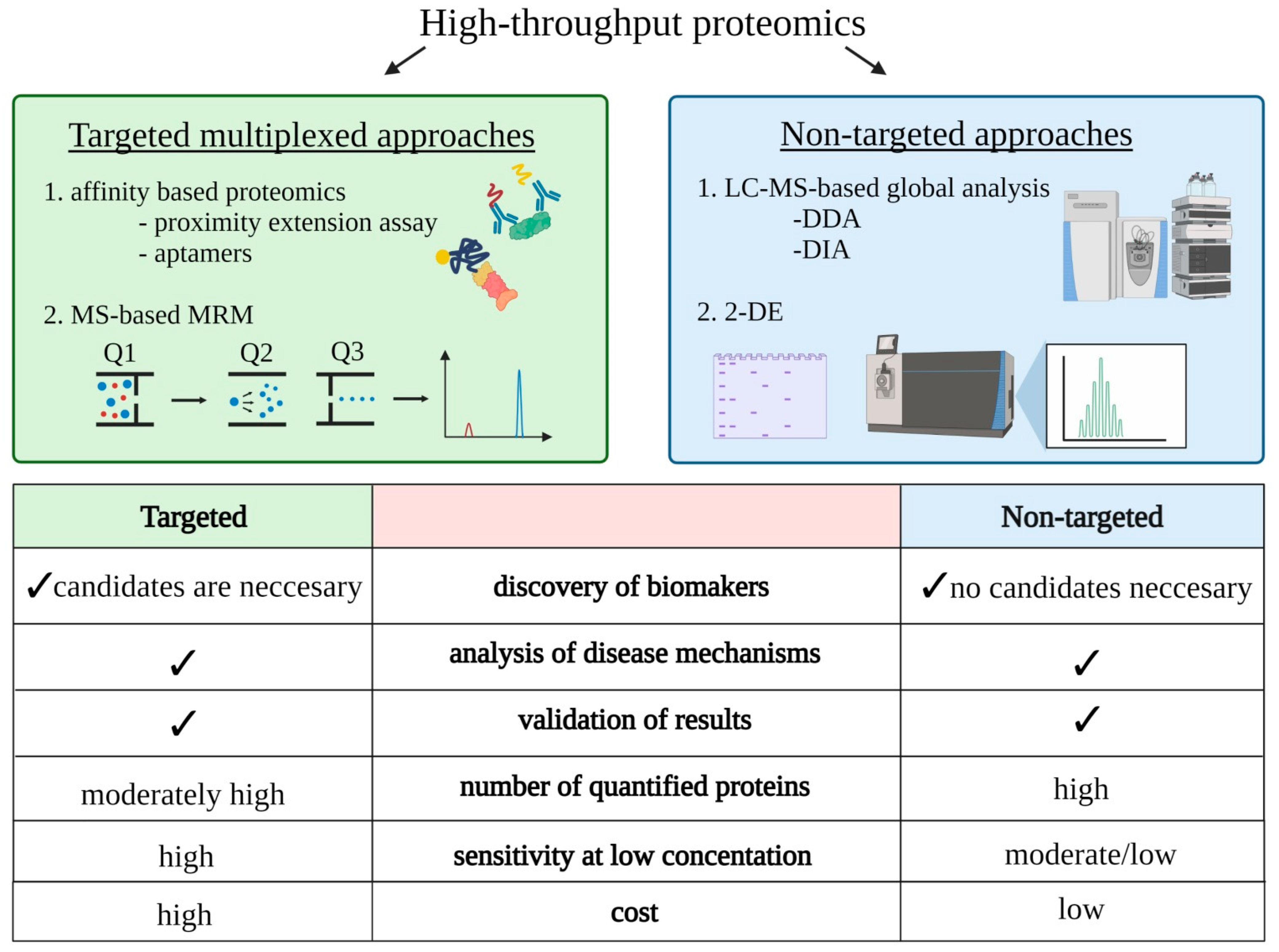
Menopause Weight Loss Guide Effective Tips for Success
Introduction
Entering menopause often comes with various changes in the body, including weight gain and shifts in metabolism. However, with the right strategies and guidance, women can effectively manage their weight during this transitional phase. In this comprehensive guide, we’ll explore effective tips for successful weight loss during menopause, helping women navigate this journey with confidence and achieve their goals.
Understanding Menopause and Weight Gain
Menopause is a natural biological process that marks the end of a woman’s reproductive years. During this time, hormonal changes, particularly a decline in estrogen levels, can contribute to weight gain, especially around the abdomen. Additionally, changes in metabolism and muscle mass can make it more challenging to maintain a healthy weight. Understanding these factors is essential for developing effective weight loss strategies tailored to the needs of menopausal women.
Prioritize Nutrition
Nutrition plays a crucial role in managing weight during menopause. Focus on consuming a balanced diet rich in fruits, vegetables, whole grains, lean proteins, and healthy fats. Limit your intake of processed foods, sugary snacks, and refined carbohydrates, which can contribute to weight gain and fluctuations in blood sugar levels. Pay attention to portion sizes and aim to eat mindfully, savoring each bite and listening to your body’s hunger and fullness cues.
Incorporate Physical Activity
Regular physical activity is essential for managing weight during menopause and promoting overall health. Aim for at least 150 minutes of moderate-intensity aerobic exercise or 75 minutes of vigorous-intensity exercise each week, along with muscle-strengthening activities on two or more days per week. Choose activities that you enjoy, such as walking, swimming, cycling, yoga, or dancing, and make them a regular part of your routine.
Strength Training for Muscle Maintenance
In addition to aerobic exercise, incorporating strength training into your routine is crucial for maintaining muscle mass and boosting metabolism. Focus on exercises that target major muscle groups, such as squats, lunges, push-ups, and rows. Aim to strength train at least two to three times per week, allowing for adequate rest and recovery between sessions. Building and preserving muscle mass can help offset the decline in metabolism that often occurs during menopause.
Stay Hydrated
Drinking plenty of water throughout the day is essential for overall health and can also support weight loss efforts during menopause. Water helps to flush toxins from the body, regulate appetite, and prevent overeating by keeping you hydrated and satisfied. Aim to drink at least eight glasses of water per day, and consider incorporating hydrating foods such as fruits and vegetables into your diet.
Manage Stress
Chronic stress can contribute to weight gain and hinder weight loss efforts, particularly during menopause. Find healthy ways to manage stress, such as practicing relaxation techniques, deep breathing exercises, meditation, yoga, or spending time in nature. Prioritize self-care activities that bring you joy and help you unwind, and seek support from friends, family, or a therapist if needed.
Prioritize Sleep
Getting enough quality sleep is essential for managing weight during menopause and supporting overall health and well-being. Aim for seven to nine hours of sleep per night, and prioritize good sleep hygiene practices, such as maintaining a consistent sleep schedule, creating a relaxing bedtime routine, and optimizing your sleep environment for restful sleep. Adequate sleep can help regulate hunger hormones and cravings, making it easier to maintain a healthy weight.
Monitor Progress and Adjust as Needed
Finally, it’s essential to monitor your progress and make adjustments to your weight loss plan as needed. Keep track of your food intake, exercise habits, and weight loss goals, and celebrate your successes along the way. Be patient with yourself and understand that weight loss during menopause may take time and consistency. If you’re struggling to see results, consider consulting with a healthcare professional or registered dietitian for personalized guidance and support. With dedication, patience, and the right strategies, women can successfully manage their weight during menopause and enjoy a healthier and more fulfilling life. Read more about menopause weight loss tips









